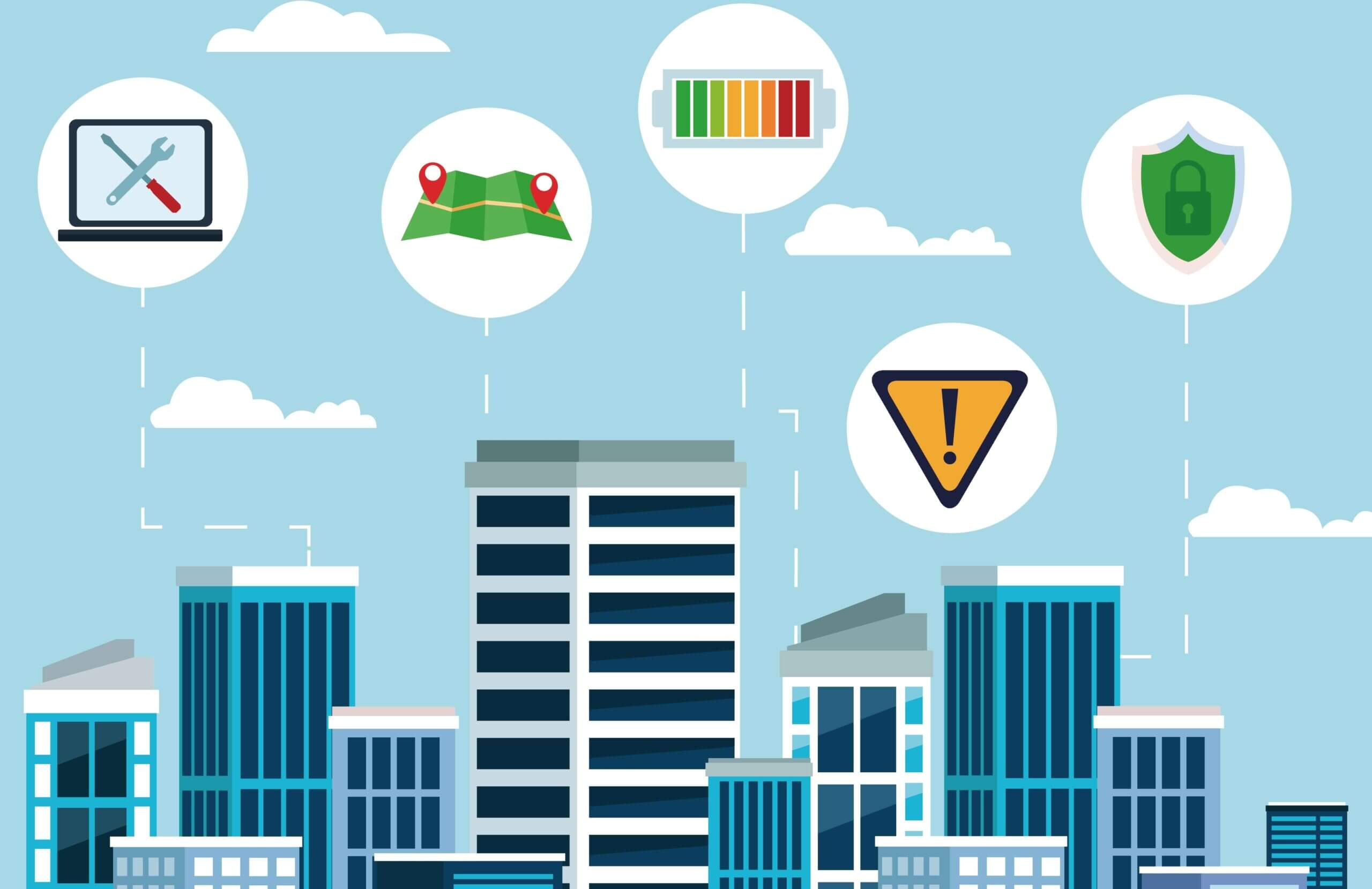Ethical Hacking Ethics: Navigating the Gray Areas of Security Testing
The ethics of hacking can be a complex and contentious issue. On the one hand, hacking can be used for good white hat hackers can help identify system vulnerabilities and improve security. On the other hand, hacking can be used for malicious purposes, causing harm to individuals or organizations.
There Are Several Ethical Questions to Consider When It Comes to Hacking:
Is It Ever Ethical to Hack Without Permission?
In most cases, hacking without permission is considered unethical. Black hat hackers who break into systems without permission are committing a crime and causing harm to others. However, there are some peculiarities to this convention- for example, some hackers may engage in “hacktivism,” where they use hacking as a form of protest or civil disobedience.
When Is It Ethical to Hack with Permission?
White hat hacking, or ethical hacking, is generally considered ethical when it’s done with the permission of the system owner. However, there are still ethical questions to consider. For example, is it ethical to exploit vulnerabilities in a system for personal gain, even if you’re doing so with permission?
Is It Ethical to Use Hacking to Expose Wrongdoing?
Some hackers may use their skills to uncover and expose wrongdoing by individuals or organizations. While this can periodically be witnessed as a record for whistleblowing, it’s essential to consider the potential harm these actions can cause and whether the hacker has acted ethically.
Who Is Accountable for The Harm Driven by Hacking?
When a hacker breaches a system and causes harm, who is responsible for that harm? Is it the hacker themselves, the system owner for not having sufficient security standards in position or some combination of the two? These are important ethical questions to consider when evaluating the impact of hacking.
Navigating The Gray Area
The ethical questions surrounding hacking are complex and often difficult to navigate. However, there are some procedures that can aid us in navigating the gray area of cybersecurity:
Get permission: If you’re a white hat hacker, consistently make sure you have approval from the system owner before attempting to hack a system. This will help ensure that you’re acting ethically and not causing harm.
Consider the impact: Before engaging in any hacking, consider your actions’ potential impact. Will they cause harm to individuals or organizations? Do the potential benefits justify the harm?
Act responsibly: Whether you’re a white hat hacker or a black hat hacker, it’s important to act responsibly and consider the potential harm that your actions may cause. This includes taking steps to minimize the impact of your actions, such as not exploiting system vulnerabilities unless absolutely necessary.
Be transparent: If you’re a white hat hacker who has identified vulnerabilities in a system, be transparent about your findings and share them with the system owner. This will help ensure the vulnerabilities are addressed and the system is more secure. Transparency and collaboration with white hat hackers can be effective in improving cybersecurity.
Consider the law: Hacking is illegal in many jurisdictions, and even white hat hackers can find themselves in legal situations if they’re not cautious. Before engaging in any hacking, ensure you’re familiar with the relevant laws and regulations. Hacking is illegal in many jurisdictions, and the penalties for hacking can vary greatly leaning on the stringency of the violation and the laws in the relevant jurisdiction. For example, hacking can be punishable by fines, imprisonment, or both in the United States.
Stay up to date: Cybersecurity is constantly evolving, and unique susceptibilities and threats are discovered all the time. As a hacker, it’s important to stay current on the latest cybersecurity developments and adjust your tactics accordingly.
The ethics of hacking are a complex and often contentious issue with no easy answers. While white hat hacking can be a force for good, black hat hacking can cause serious harm to individuals and organizations. As we navigate the gray area of cybersecurity, it’s essential to assess the conceivable impact of our actions and to act responsibly at all times. By accomplishing so, we can assist in ensuring that our online world is a safer and more secure place for everyone.
Discover more from Amigo Cyber
Subscribe to get the latest posts sent to your email.
-
Previous Post
Top Tools and Techniques Every CEH Should Master











